SYNOPSIS:
Steve struggles to care for his wife who has only a few weeks to live. While trying to stay strong, Steve tries to develop a cure by ignoring all legal and moral limits with his treatment methods.
REVIEW:
I have always been one of those folks who wonders about what happens after the events of the movie. You know, the hero or the final girl has finally killed the psycho and the movie ends, but what about the fallout of being found on a farm with 16 chopped-up bodies?
Alternatively, I also have wondered about the story that had to take place BEFORE the family moves into the haunted house. Something seriously jacked up had to cause a demonic evil to be imprinted into the framework of an entire house and would be more interesting than the movie that gets made.
Or so I thought.
“The Scientist” is the story that leads to an outbreak. A zombie outbreak. This time, you get to see how the outbreak began instead of watching random people avoid getting eaten alive for 90 minutes.
Steve and Darlene are madly in love. They marry and spend 10 years of happiness while raising their daughter and building a home.
Then, Darlene is diagnosed with an aggressive and late-stage illness that leaves her with weeks, at best, to live. Their world is wrecked.
But Steve is a research scientist. Even though he works for a cosmetic company, he decides to use his skill to find something to prevent losing his wife, and he is not terribly concerned about safety.
When described like that, “The Scientist” sounds more interesting than it really is. Yes, Steve does unethical things in his pursuit of a cure. People die. Some people become test subjects. Well-meaning Steve goes a bit bonkers. The family does not handle crisis well.
The first half of the film, in spite of a countdown to the day of the outbreak that shows during every time shift, becomes a slow enumeration of the “dying loved one” tropes. To be honest, I half expected Judith Light to make a cameo as a grief counselor or something; it leans heavily into the cable-TV tearjerker territory. The only moment the whole situation feels real is a simple scene where Darlene talks about her fears related to dying. Even that scene is neutered by Steve acting as the obsessed scientist without allowing him a moment to be human and not just dancing to the needs of the script.
When the script needs Steve to work on a cure, the company happens to get some embryonic cells. Combined with just the right thing, it creates a formula that is likely to bring people back to life. How freaking handy! If Steve had been homeless, he would have scrapped gunk from the first Dumpster he could find, and I am sure it would have been the cure. I get the expediency but don’t insult me just to progress the plot.
Aside from a large amount of overly-convenient events allowing the film to progress, “The Scientist” commits the sin of being, well, a bit dull. The script is so intent on hitting certain points that the characters are, at best, thin when they should be the meat and potatoes of the film. We want to see what compels a person to commit an act that would be deemed “the end of the world as we know it”.
Instead, we get scenes of things happening at a casual pace, and the characters move through the scenes. By the end, Steve is bonkers, but there is no emotional attachment to him. Darlene is dying, but we aren’t given enough of her to see the deep emotional connection that Steve is willing to risk everything for. The daughter seems like an afterthought. Steve’s best friend is little more than a story obstacle to overcome.
Even though “The Scientist” is a mostly pedestrian affair, it is always refreshing to see filmmakers tackle tired story ideas from different angles. Showing how a zombie outbreak stemmed from a horribly misguided emotional commitment is a commendable spin on the genre, and it saves this movie from being an utterly frustrating misfire.
 Horror News | HNN Official Site | Horror Movies,Trailers, Reviews
Horror News | HNN Official Site | Horror Movies,Trailers, Reviews
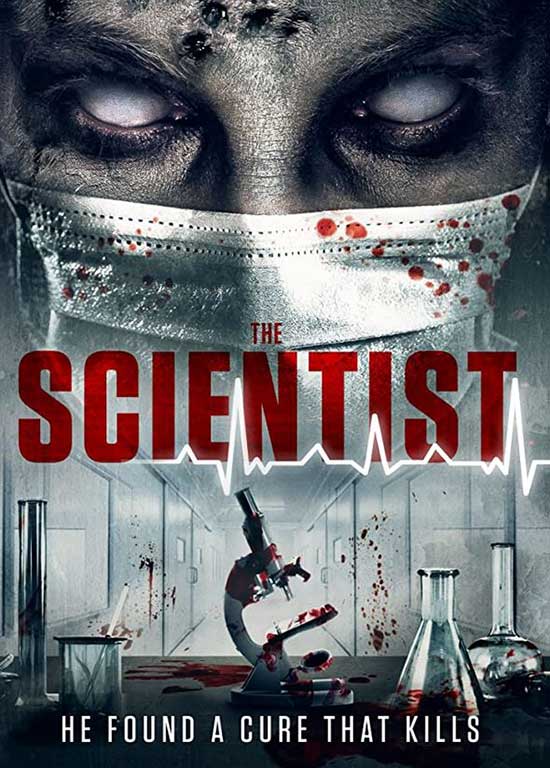

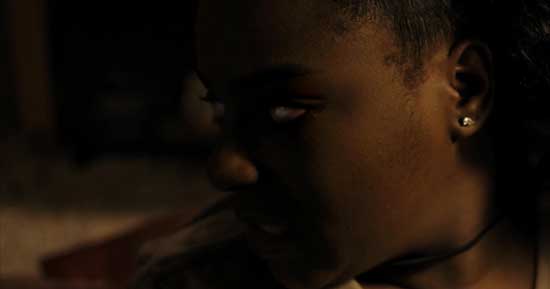
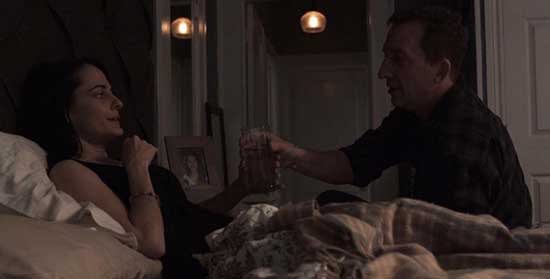
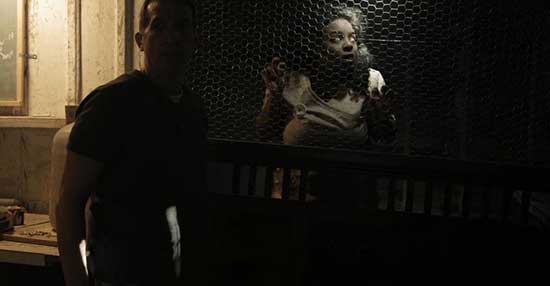
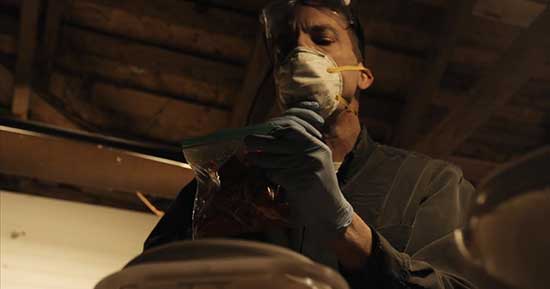



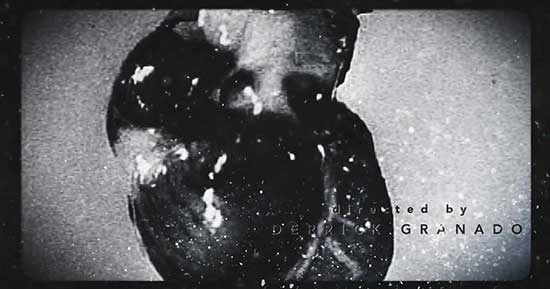
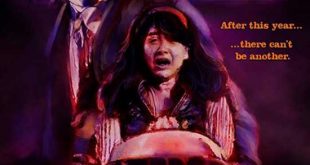

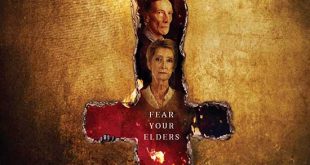
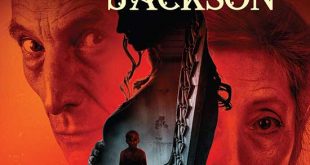

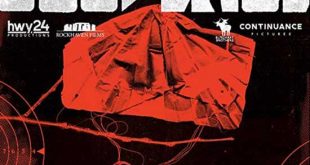
I just watched this and I was thinking that a rewrite / reorganization of it would actually make a really interesting and unique stage play of all things. It has the mellow feel, and I think some actually poignant conversations – like when she is asking for him to not search for a cure and rather spend the last of the time with her as a family. I think that one concept could be explored a little more. It’s a great rhetorical question – what chances of success do you need to sacrifice the last time you have with someone if you *might* be able to save them? And the last scene could just be the patient zero walking out through the audience into the world…